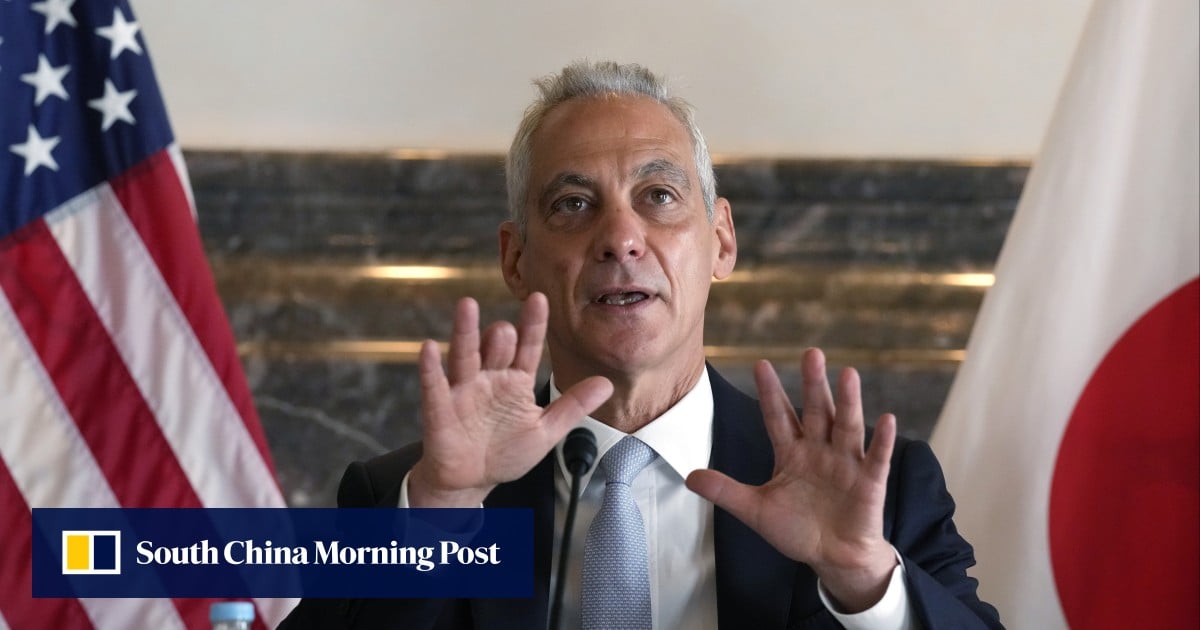
“China will never win the award for the good-neighbour policy. They have a land conflict with India,” he said in remarks at the Brookings Institution, a Washington-based think tank.
“They just fired water cannons at the Philippine coastguard. They’re in constant conflict for the Senkaku Islands,” he added, using the Japanese name for the chain of islands in the East China Sea that Beijing claims and calls the Diaoyus.
Emanuel said China’s military “fired five missiles on Japan’s [exclusive economic zone]” following a visit last year to Taiwan by then-US House Speaker Nancy Pelosi. “They’ve had economic coercion as recently as 2017 against [South] Korea and then Australia. I’m doing this by memory, and I’m probably missing half of it.”
Kurt Campbell, the White House’s national security coordinator for the Indo-Pacific, also spoke at Brookings on Wednesday, and described US involvement in the region as “here to stay” and “now fully embedded in the American system”.
Indo-Pacific nations were under “enormous diplomatic and military pressure”, he said, with aspects of an international system that has yielded “remarkable prosperity and tremendous wealth” for the Indo-Pacific now under strain from China.
“What they sense and what they witness is a China whose actions have demonstrably changed in recent years in ways that threaten their security and that raise larger concerns both nationally and regionally,” said Campbell of countries in the region.
Campbell believed Washington’s partners saw the US’s role as vital to “maintain peace and stability”, upholding an order “built on the rule of law, freedom of navigation and peaceful resolution” of conflicts.
Meanwhile, Campbell denied that the summit was centred on “containing China”, a narrative the Biden administration has been emphasising through other officials.
State Department deputy spokesman Vedant Patel on Tuesday said there was “no reason to view this summit as a provocative or any kind of step or effort to incite tensions” with China.
Speaking separately about the summit on Wednesday, National Security Council spokesman John Kirby repeatedly stated that China was not the principal concern bringing the three nations together.
Asked whether the leaders would discuss their response to a possible military attack by Beijing against Taiwan, Kirby said a key objective for the trilateral was “restoring and reinvigorating alliances and partnerships … to deter conflict”.
A range of topics spanning economics, diplomacy and security would be discussed, but the meeting was “not about the PRC”, Kirby added.
“It’s not about a specific challenge in the region. It is really about the broader challenge of improving our trilateral cooperation.”


